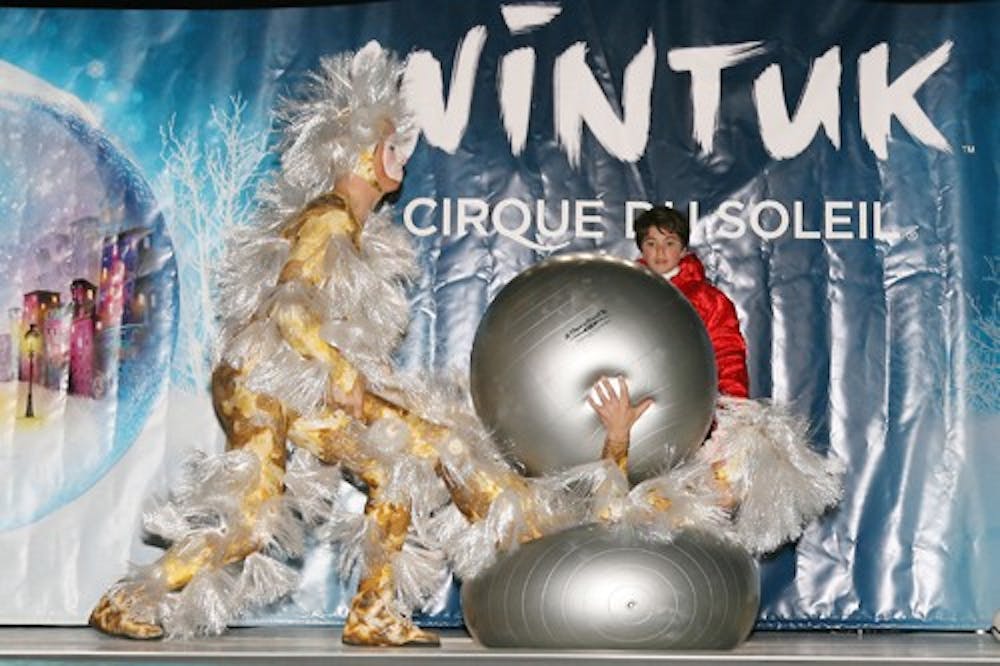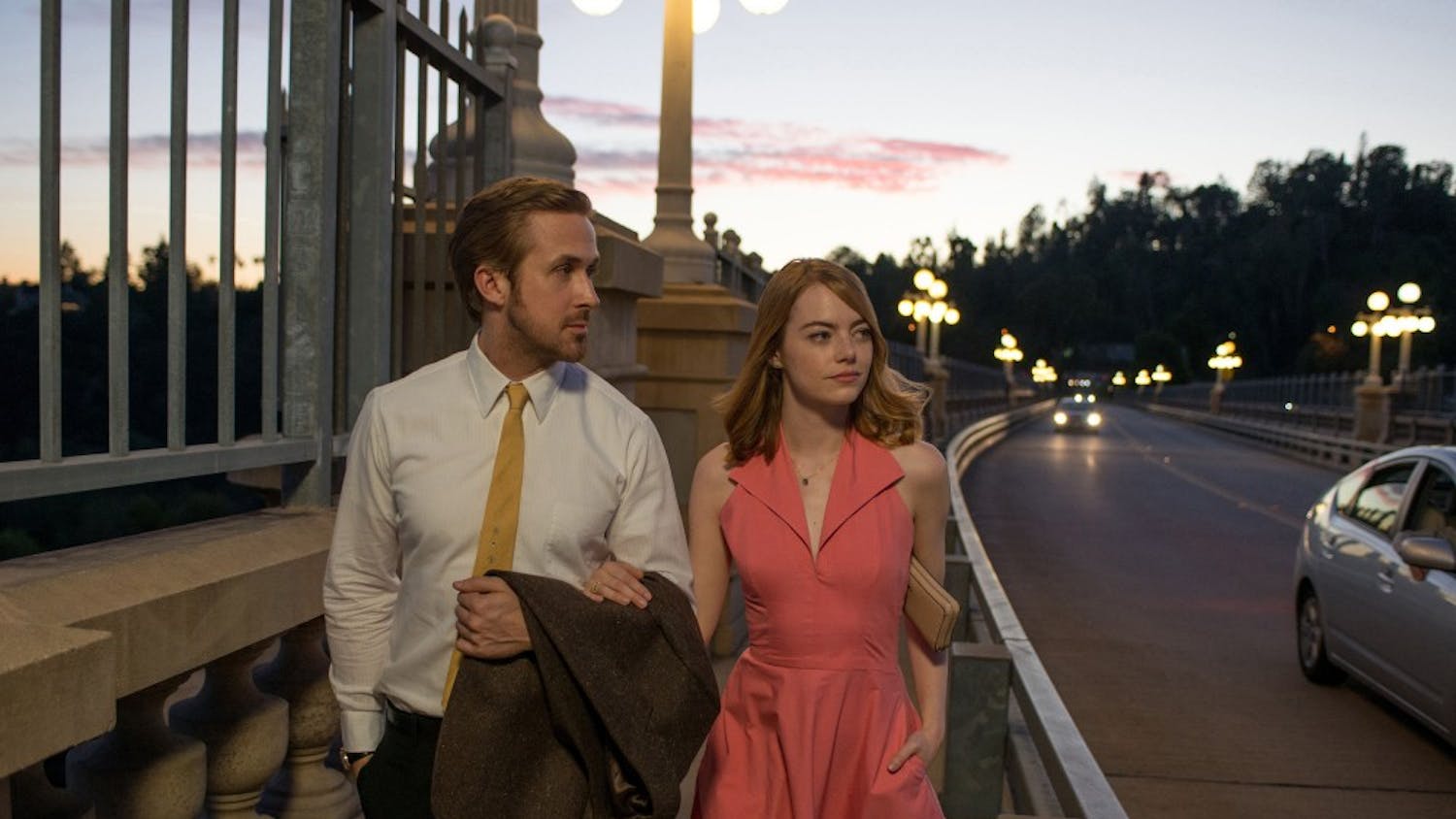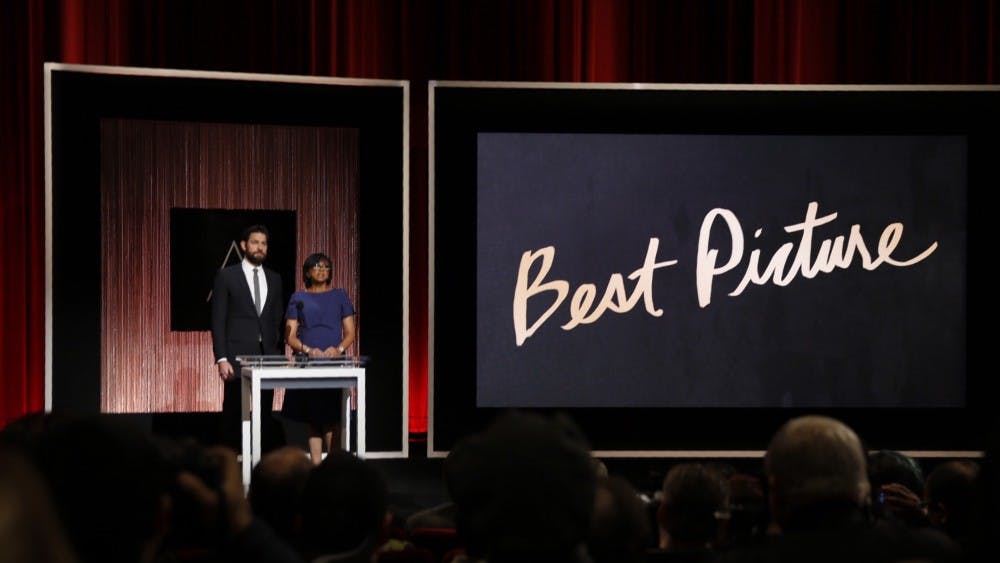As an American currently living in Spain, I have become very perceptive to the differences between the United States and Europe. Sure, most people in my position will tell you their horror stories about being fed weird exotic dishes, or how they had a run-in with some crazy locals. (I might add that since being here I have tried almost every part of the pig imaginable, and encountered numerous crazy locals, who enjoy taunting Americans with obscenities and chasing pigeons in the plaza on a regular basis.) But I've decided to write about the subtle differences across the Atlantic, mainly those regarding popular culture. To quote Vincent Vega, "It's the little things."\nTake film for example. Going to the movies in Spain is a completely different experience than back home. Similar to in the States, large multiplexes replaced most of the old European cinema paradisos. However, the theaters here are still very different. For starters, many of the venues here have assigned seating when you buy your ticket, which clears up the whole "saving of the seats" fiasco. Popcorn portions are smaller, there are very few cell phone disruptions (in fact some cinemas in France are currently testing out cell phone blocking devices) and the majority of foreign films screened are dubbed in Spanish. \nWhile dubbing might be fitting for old Spaghetti westerns and low budget kung-fu flicks, I find that it is the worst way to view a film. Take, for example, "Million Dollar Baby," which I went to see for the second time here with some friends. Instead of hearing Clint Eastwood's rough American voice or Morgan Freeman's soothing narration, we were left with two random Spanish men who sounded the same. Now while people here don't seem to mind dubbing, I find it interesting that some American television programs and most foreign DVDs feature subtitles (I can confirm this as my señor, Oscar, has a small film library which consists of such American classics as "Casablanca," "Gladiator" and "Sister Act II: Back in the Habit"). \nTelevision programming is something completely different as well. Current American hit shows like "The Simpsons" and "Mujeres Desesperadas" ("Desperate Housewives") are as popular over here as in the States, and there seems to be a popular resurrection of older programs such as "Hangin' with Mr. Cooper," which answers the question, what ever happened to Mark Curry and his charming alter ego? The answer: Spanish syndication. However, the Spanish programs are what truly interest me. Before going on, I must explain one important aspect about Spanish television and the media in general. Censorship is extremely relaxed here. This doesn't mean that there is not a media rating system like in the States, but Spaniards would never freak-out over events like the unfortunate Janet Jackson nipple debacle or Howard Stern's battle with the Federal Communications Commission because honestly, they just don't care. \nIt is not uncommon to find full frontal nudity, foul language and adult content on primetime Spanish television. An example of this is the Spanish family sitcom "Los Serrano" about two rich single parents who marry and combine families. According to my señora, this is one of the most popular shows on TV, but would probably never even make it to basic cable due to its unsavory content. On any given episode it is not uncommon to hear curse words exchanged, kids might get caught looking at computer porn and then there is the case of the incestual-esque love affair between the father's eldest son and the mother's eldest daughter (think "The Brady Bunch" only Alice catches Greg and Marcia in bed together). However, the show is still enjoyed by all, both young and old.\nTV commercials also go to extremes. There are deodorant ads that could very easily double as soft porn, raunchy Tampax commercials and a candy bar commercial that features a young male with "morning wood" in his bed as a band serenades him with the candy bar's theme song. \nNow while some of this sounds weird and a bit disconcerting, the lack of censorship actually makes sense here. My host family told me that Spaniards are not really concerned about nudity and bad language in the media, and actually find it ironic that Americans are quick to censor little things, yet continue to release the majority of violent films in the world and produce tons of obscene music. \nFinally, there is popular music. American music is extremely popular over here, as you could imagine. However, Spaniards often seem to be behind on what is the latest hot craze. Sure they love to play artists like Gwen Stefani and the Black Eyed Peas on the radios and in the discos, but Spaniards also have a tendency to resurrect hits from our past. \nWhile out and about on the town I have heard classics as diverse as LL Cool J's "Mama Said Knock You Out," Sisqó's lone opus "The Thong Song" and an abundance of Dr. Dre (apparently the artist's album Chronic 2001 is still a huge hit.) In fact, nothing says Americanization more than hearing a mob of Spaniards chant the lines, "I'm the motherfucking D-R-E! Dr. Dre motherfuckerrrrrr!!!" while bobbing their heads to the beat. I can safely say that, with the exception of country music, a genre we as Americans can still claim as our own since most Europeans scorn its existence, every style of music can be heard here. \nIn many ways, living abroad has taught me a lot about European customs, as well as our own culture and effect on the world. I may never be able to watch "The Simpsons" again without thinking about how much my host family loved the show, I will always be reminded of sangria and Spanish discos when I listen to Dr. Dre and I will always be able to relate to that classic "Pulp Fiction" discussion of European life. For those curious I have yet to actually find a "Royale with Cheese," but know from experience that mayonnaise is, in fact, the condiment of choice here.
Royale with cheese

Get stories like this in your inbox
Subscribe





